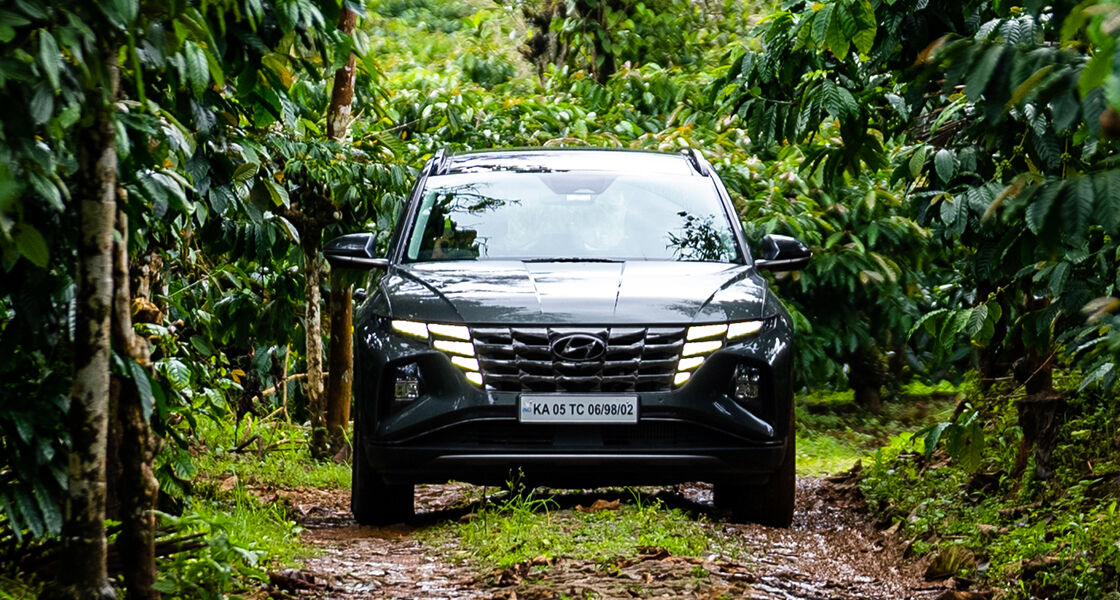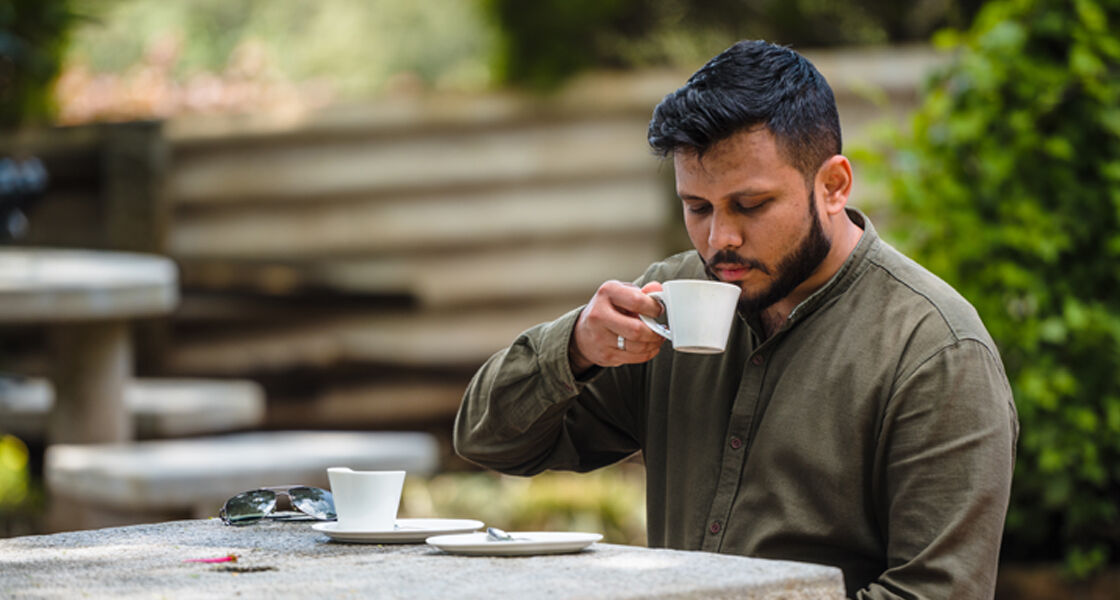Unveiling Our Journey : Hyundai’s 28 years in India
Presenting you a corporate film that beautifully encapsulates Hyundai’s 28 year journey in India: a journey defined by innovation, dedication and a deep Bharat connect
As we stand on the threshold of a historic moment – our upcoming IPO – this film is not just a reflection of our achievements but a celebration of the deep bond we have forged with India.
A Cultural Journey Through India’s Heritage and Traditions
This film takes you on a visual journey, starting with the grace of a Bharatnatyam dancer, moving through vibrant cultural celebrations and highlighting historic landmarks that
mirror our own milestones. Witness the spiritual vibrance of Banaras and the grandeur of Ganesh Chaturthi where tradition meets devotion followed by the journey through India’s
majestic forts and cultural heritage.
Immerse yourself in the serene beauty of Kerala’s nature and the lush tea gardens. Feel the happiness that Hyundai brings to countless families across India. Experience the harmony
that unites us all, reflected in India’s temples, intricate rangoli and Hyundai’s commitment to buliding a better future. Relive the touching moment when a young girl’s affection for our
brand becomes a symbol of trust and love Hyundai has earned.
From the groundbreaking ceremony in 1996 to the Centre of transformation: Hyundai Motor India limited, Gurugram, our newest manufacturing facility at Talegaon, our R&D centre at
Hyderabad, network reach and the 10th million car rollout to the 1 million Creta on roads – this film is a celebration of what makes Hyundai not just a brand, but a part of India’s heartbeat.
The film concludes with a symbolic Namaste installation and the elegance of Bharatnatyam dancer, honoring a deep respect for the country and its people.
All new Hyundai Tucson powers Suhas’ roadtrip as he zips through Chikkmagalur.
Peaberry coffee is the sought-after varietal for South Indian filter coffee.
Dusty roads, trodden paths and sandy bits break the concrete highways into colourful segments. The post-monsoon foothills of the Western Ghats give way to tiny pockets of bliss dotted with paddy crops, fruit orchards, pepper trails and tall coniferous forests of peeping silver oak. The drive to the estates, however, remains seamless with Hyundai’s SmartSense ADAS, which has features such as Lane Keep Assist and Blind Spot Monitoring. Multi-terrain modes make it easy to cruise through challenging terrains.
Suhas’ enthusiasm for consuming the beverage in its finest form is ardent as he drives for four days, zipping from Bangalore to Salawara Estate in Belur, through Hulikere Estate in Muthodi forest, Ratnagiri and Halli Berri plantations in the Baba Budan Giri hills, concluding at Blue Mountain estate. What I learn later, is that plantations within the same district can often account for stark flavour differences.
The Blue Mountain Estate affords panoramic views of the coffee valley.
The answer to what adds so much difference to a cup goes beyond the basic three flavour determiners—minerals of the soil, endemic species cohabiting the plantation space and seed varietals. The final magic in the cup is a romantic story of how a seed transforms into flushing red cherries and yields glossy beans that are the stuff that coffee connoisseurs’ dreams are made of. A beverage so pure and fulfilling brews out of a process that took years to master. Plantation owners and farmers carefully select saplings that spend three to five years growing into bushes, fruiting cherries. After harvesting the fruit annually (usually between October and February), each plantation owner processes the golden-maroon drops differently. Natural processing includes sun-drying the cherries after cleaning them which yields the boldest body and aftertaste, while washed coffees that grant the high acidity and intense aroma, go through a pulper that removes the mucilage (skin and fruit) before a short period of drying. A blend of the two outcomes is the semi-wash or honey processing where only the skin is removed before the drying stage. The stage after processing and drying is hulling, where green beans are sent to a dry mill where the parchment and defects are removed and then for roasting, to mark the final stage for a magnificent metamorphosis.
Each sip reveals a long history and workmanship behind the beverage. Chikkamagaluru’s flavours, as discovered, create a spectrum of their own while maintaining chocolatey, caramel notes. But despite holding on to a bag of beans in his possession, the obsession to uncover more about the tiny bean keeps him determined to drive on.
Suhas ends his quest for coffee with two luscious blends. Photos by: Siddharth Kejriwal
By Muskaan Gupta




